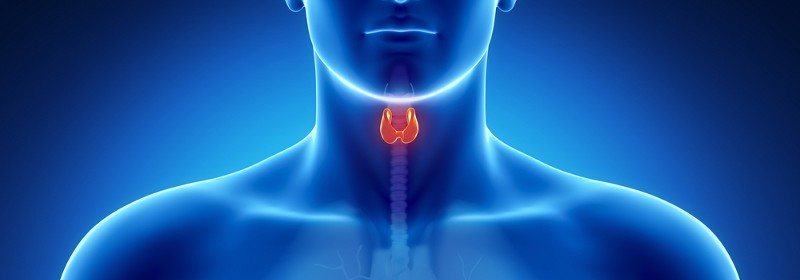Bring that Iodine level to normal!

One of the most commonly occurring deficiencies globally is the deficiency of Iodine. According to the World Health Organization, over 2 million people may be iodine deficient – with about 50 million among them suffering from serious symptoms of iodine deficiency, such as damage to the brain. The tendency towards this deficiency is expected – because of the lack of minerals in the soil, the infusion of pollutants into the soil and the poor intake of healthy food.
As a nutrient, Iodine is essential for the functioning of the body. It is primarily important for pregnant women, unborn babies and young children, most. However, it is a universally required ingredient that is necessary for all people in general. Symptoms and issues associated with the lack of iodine are:
– Autism in young children.
– Improper functioning of the thyroid gland, which results in goiter
– Depression
– Anxiety disorders
– Foetal hypothyroidism
– Brain damage
– Slowed brain function, especially during the gestation period of pregnancy
– Slowed Metabolism, which can lead to a weakened capacity to bio synthesize food into nutrients that are usable
– Sluggishness in general
– Weight gain
– Constipation
– Lowered levels of immunity, thereby leading to being vulnerable to more colds and flus
– Cysts
– Fibrocystic breast diseases, and some studies suggest that there is a link with breast cancer.
– Heaviness and soreness in breasts particularly around menstruation
– Weak organ function or compromised organ function, or perhaps, organ failure.
Iodine deficiency is not difficult to treat – all it takes is the imbibition of iodine through one’s everyday diet – and the best way to do this is to indulge in enough salt in your everyday intakes. Some of the other ways to increase iodine intake would be to have dried seaweed, cod fish, yoghurt, turkey breast, navy beans, tuna, eggs, baked potatoes, strawberries and cranberries.
http://humannhealth.com/
